The ability to make observations, formulate testable hypotheses, design experiments, and interpret data. The ability to read and evaluate scientific literature with a critical eye. The ability to identify ethical limitations in gathering and manipulating scientific data.
Students will be able to:
- Identify scientific arguments and recognize confounding variables
- Formulate hypotheses and design well controlled experiments
- Evaluate primary literature critically and Interpret data accurately
- Construct understanding from diverse facts and observations
- Understand ethical limitations in gathering and manipulating scientific data
The ability to use computer hardware, software, and web-based resources to collect and process data. The ability to apply basic statistics to analyze data. The ability to use bibliographic databases to search scientific literature and identify relevant sources.
Students will be able to:
- Prepare reagents and operate basic scientific equipment
- Use computer software to acquire, analyze, and convert data to graphical formats
- Understand and apply basic statistics to analyze data
- Utilize bibliographic databases to search scientific literature and find relevant sources
The ability to discuss ethical issues and explain complex biological concepts to non-scientists. The ability to differentiate between primary literature, scholarly reviews, and scientific journalism.
Students will be able to:
- Identify forms of scientific writing, including research reports, reviews, and scientific journalism
- Write research reports and literature reviews that are comprehensive, clear, and concise
- Generate figures, tables, and legends to report scientific data
- Create and present an informative, visually appealing research poster
- Create and deliver an effective oral presentation with appropriate visual aids
These concepts may be applied to the career path and/or graduate placement exams.
Students will be able to demonstrate knowledge of the five core biological concepts, as recommended by the AAAS/NSF Vision & Change initiative: (1) Evolution, (2) Structure/function relationships, (3) Information flow, exchange, and storage, (4) Energy transformations, and (5) System
